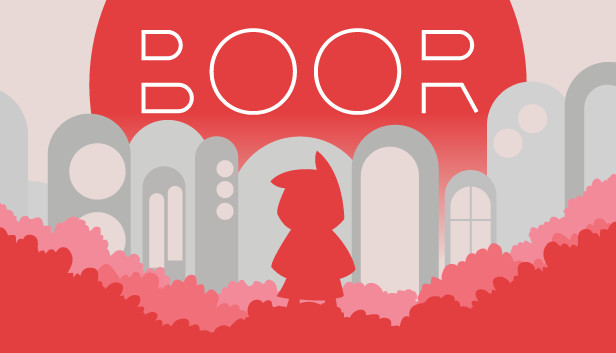early 14c., 'country-man, peasant farmer, rustic,' from Old French bovier 'herdsman,' from Latin bovis, genitive of bos 'cow, ox.' This was reinforced by or merged with native Old English gebur 'dweller, farmer, peasant' (unrelated but similar in sound and sense), and 16c. by its Dutch cognate boer, from Middle Dutch gheboer 'fellow dweller,' from Proto-Germanic *buram 'dweller,' especially 'farmer' (compare German Bauer), from PIE root *bheue- 'to be, exist, grow.'
Boor - a crude uncouth ill-bred person lacking culture or refinement churl, Goth, tike, tyke, barbarian, peasant disagreeable person, unpleasant person - a person who is not pleasant or agreeable Based on WordNet 3.0, Farlex clipart collection. © 2003-2012 Princeton University, Farlex Inc. There are some things that have to be told, others simply created.
'A word of involved history in and out of English, though the ultimate etymology is clear enough' [OED]. In English it often was applied to agricultural laborers in or from other lands, as opposed to the native yeoman; negative transferred sense 'one who is rude in manners' attested by 1560s (in boorish), from notion of clownish rustics. Related: Boorishness.
Entries related to boor

Others are reading
Dictionary entries near boor
boomlet

boon
boondocks

Boordy
boondoggle
boonies
boor
Boor Definition
boorish
boost
booster
boot

boot camp
